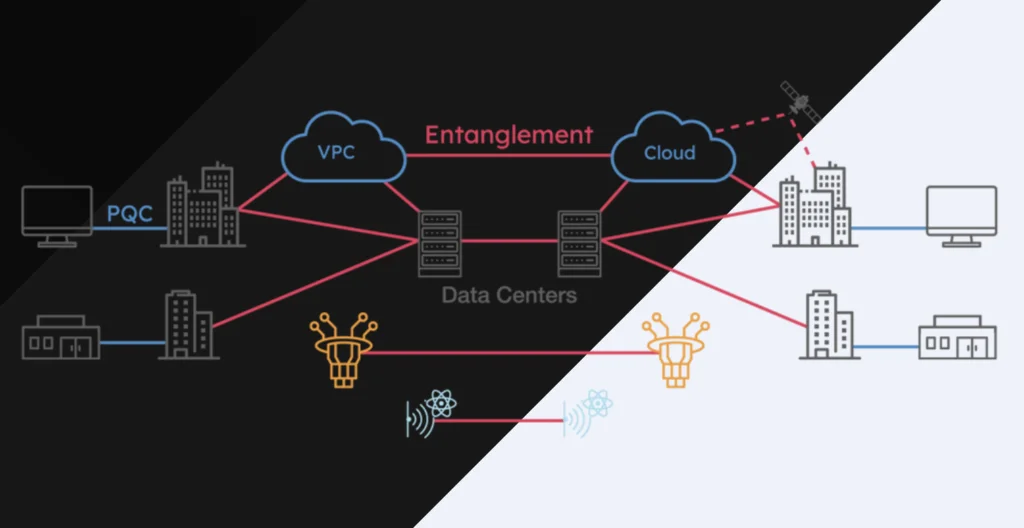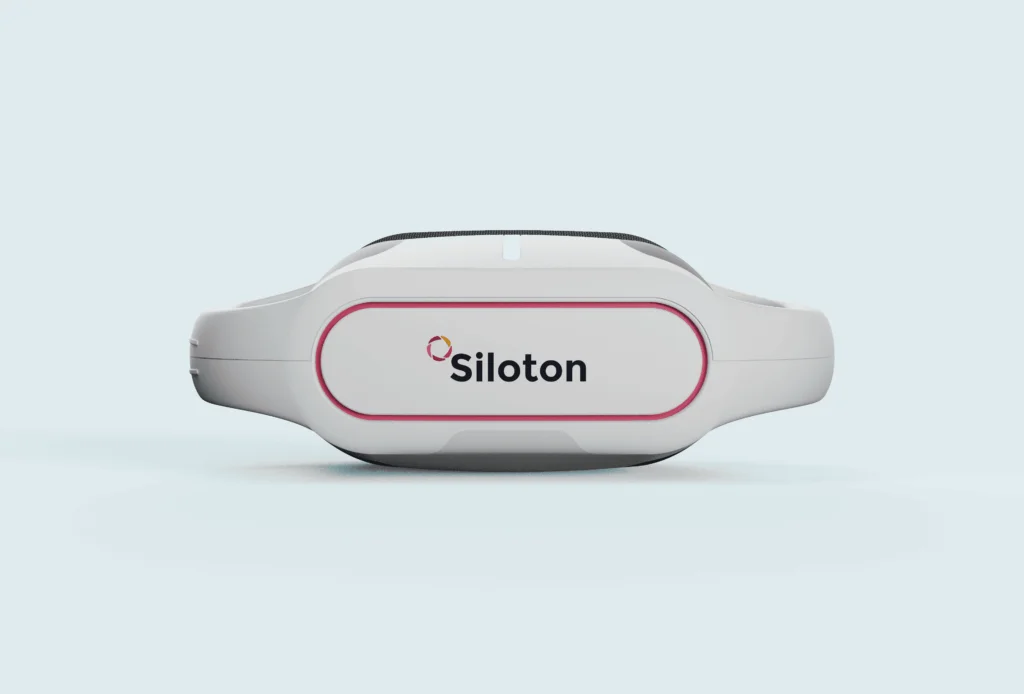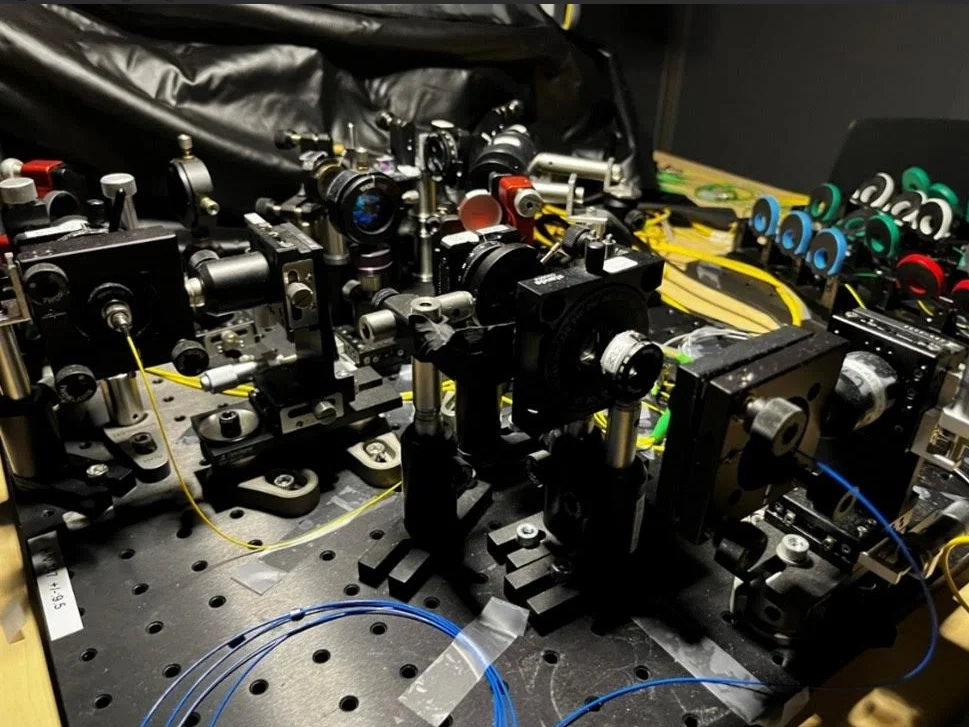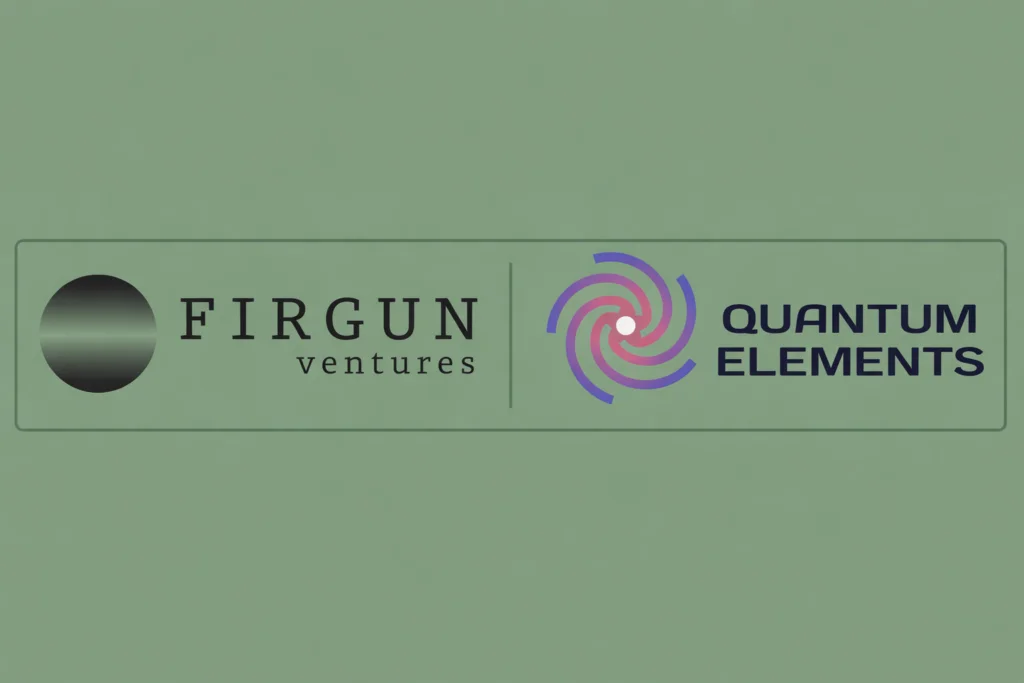Insider Brief:
- The University of Birmingham and Paragraf have launched a collaboration, funded with £3.4 million (approximately $4.2 million), to scale graphene production and explore its potential for quantum computing and other advanced technologies.
- The partnership focuses on addressing challenges in manufacturing graphene at scale and understanding its cryogenic properties, which are relevant for quantum applications like qubit stability.
- Researchers will test graphene magnetic sensors, which offer high precision at ultra-low temperatures, for use in both quantum computing and electric vehicle battery management systems.
PRESS RELEASE — In a recent release, the University of Birmingham and Paragraf Ltd, a UK-based company focused on graphene electronics, have announced a collaboration on efforts to scale graphene production and explore its application in quantum computing. Supported by two awards totaling £3.4 million (approximately $4.2 million)–£1.4 million from Innovate UK and £2m UKRI Future Leaders Fellowship–the partnership intends to address key challenges in graphene manufacturing as well as explore its potential as a material for quantum technologies.
Precision and Potential
Graphene, a single layer of carbon atoms arranged in a two-dimensional lattice, is rather well-known for its useful physical properties, including exceptional strength and electrical conductivity. These characteristics have, understandably so, ignited interest in using graphene for advanced electronics. However, its production at scale and performance at cryogenic temperatures—conditions essential for quantum computing—are unresolved challenges
Graphene magnetic sensors, a focal point of this collaboration, operate with high precision at ultra-low temperatures. Such sensors could support quantum computing through precise magnetic shielding and control required for qubit stability and operation. But, the cryogenic behavior of practical graphene devices requires further systematic exploration before such an innovation could exist.

Scaling Graphene for Quantum Use and Building the Future of Advanced Materials
Dr. Matthew Coak, from the School of Physics and Astronomy at the University of Birmingham, is leading the research initiative. In a recent post from the university, he emphasizes the untrodden path of this endeavor, stating, “Cryogenic testing of real, practical, graphene devices has not been carried out before, and their properties at ultra-low temperatures, in the realm of truly quantum behaviour, are largely unknown.”
The funding supports scaling up the production of graphene on six-inch wafers—an effort towards commercializing graphene devices. Additionally, Birmingham’s specialized low-temperature equipment and expertise in nanotechnology, quantum computing, and 2D materials will further drive the overall project.
Simon Thomas, CEO of Paragraf, highlighted the broader vision for electronics, as well as the future of advanced materials in the UK: “The future of electronics lies in the adoption of advanced materials. Scaling up our production of real-world devices that are prepared to solve significant problems in quantum computing, battery management, agritech, molecular sensing and many other arenas is a major step towards realising that future in a sustainable way. And the fact that we are able to do this here in the UK means that the country stands to lead the advanced materials revolution.”
To Quantum and Beyond
In addition to quantum computing, the research will cover the fundamental quantum physics of 2D materials, constructing detailed theoretical models to describe their electronic behavior. Dr. Coak’s team will also test graphene magnetic field sensors for applications in electric vehicle battery management systems.
As researchers probe the cryogenic properties of graphene devices and refine production techniques, the insights gained may contribute notably to both quantum computing and other fields reliant on precision electronics. This partnership not only provides additional insights into graphene’s potential but also reaffirms the importance of cross-sector collaboration in deep tech applications.














